Key Takeaways
- Fortifications like keeps and castles can be gifted as Marks of Prestige, serving as homesteads and bastions for parties.
- Titles tied to completing missions can grant players new abilities or access to areas previously restricted.
- Special training, letters of recommendation, special rights, medals, land, and favors are other great Marks of Prestige.
Creating meaningful rewards is key to running a great Dungeons & Dragons campaign, and Marks of Prestige can be incredibly helpful in this regard. Unlike magic items or weapons, these more abstract rewards can really help shape a campaign in unique ways. From keeps and castles to significant titles, Marks of Prestige stand alone in the DM’s toolbox.
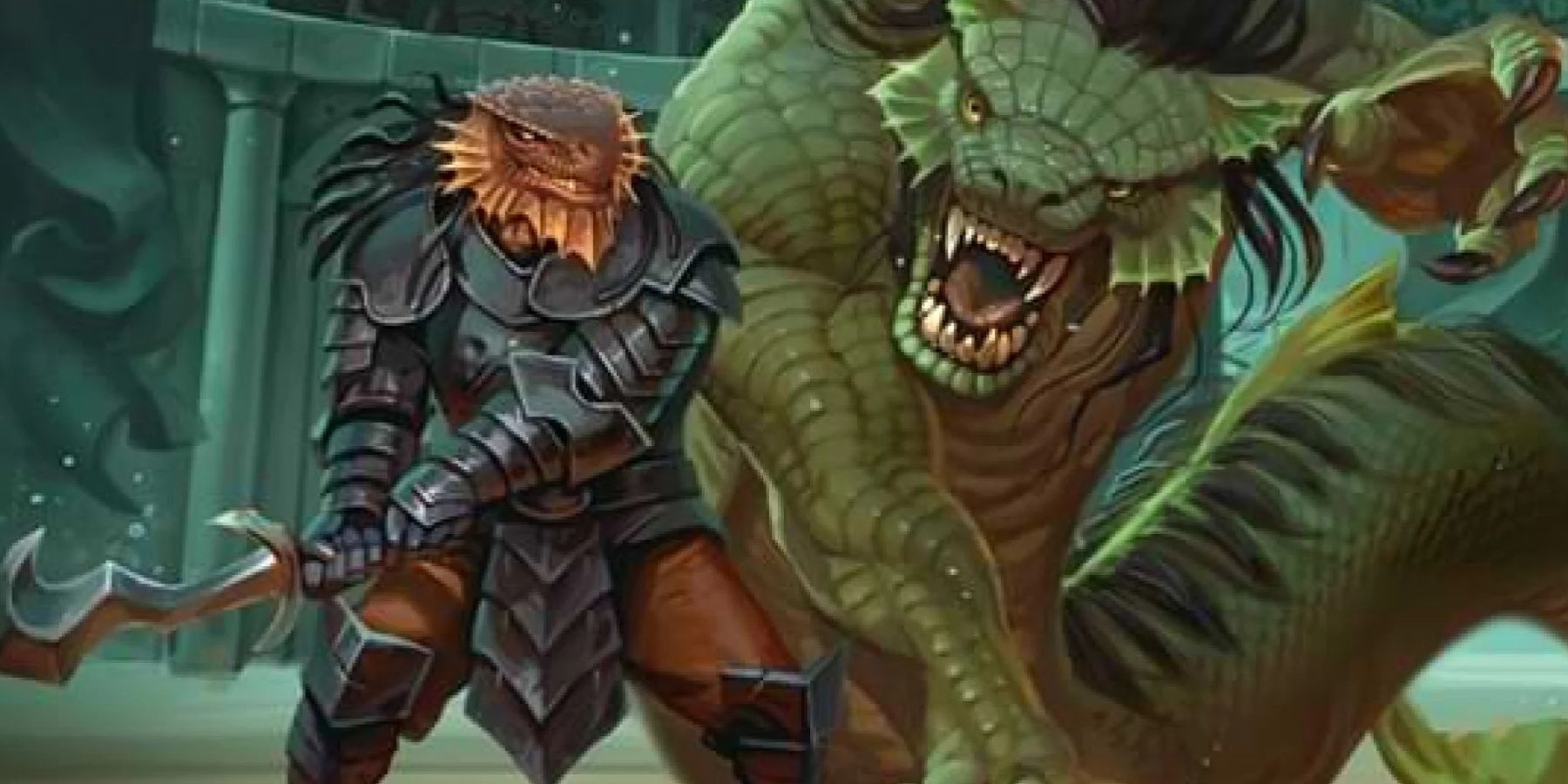
Related
Dungeons & Dragons: 8 Strongest Creature Types
These are the most powerful creature types in D&D.
But, what are the best ways to use Marks of Prestige in a campaign? The 2024 DM’s Guide offers a plethora of examples to choose from. Here are a few ideas on how best to use Marks of Prestige.
8 Fortifications Or Outposts
There’s No Place Like Home
No longstanding adventuring party is complete without a keep or fort to call their very own. These marks of prestige can also later turn into bastions for the party. But, they can also serve as a nice jumping-off point for members of the party who may not be familiar with bastion rules and progression just yet.
These are usually gifted to the party by a key NPC or other characters of importance for a job well done. Players can then use these sites as homesteads, fill them with enormous customizable spaces, and store valuable items and weapons. Tried and true, fortifications of any kind prove to be a well-deserved boon.
Players receive their own personal bastion at level 5, and can upgrade them over the course of the campaign.
7 Titles
Become First Of The Name
If the party is working under the service of a lord, magistrate, or even a monarch, granting the players meaningful noble titles can be a great way to reward the party after an especially grueling mission. Tying in the player’s title with the mission they just completed adds a fun bit of flare as well. For example, if one party member dealt a killing blow to a large dragon, granting them the title of ‘Slayer of Scales’ can prove meaningful to a fighter or barbarian character.
Titles can also have physical effects as well. Certain titles might grant players the ability to enter a certain area they previously couldn’t. Or, perhaps even a title might come with a supernatural gift or ability, depending on the player’s class or species.
6 Training
Practice. Practice. Practice.
For parties that have worked with highly skilled NPCs or retired adventurers, offering special training to a player character can provide highly meaningful progression. While DMs can definitely have some fun of their own coming up with tangible skills to train their players in, the DM’s guide offers rules like added proficiencies or languages as rewards for players that receive training. Plus, this Mark of Prestige can help tie the party closer to an important NPC you want to use later in your campaign.
It’s worth noting that the DM’s Guide suggests players train with an NPC for 30 days before giving them a granted skill or boon. This can also create an opportunity to generate miniature arcs for players, similar to that of a Session Zero. Perhaps the players must travel to a new location to meet a master worthy of giving them training or even meet with a new faction or group.
5 Letters Of Recommendation
Not Just For Job Applications Anymore
Any great D&D campaign keeps tabs on the party’s reputation as a whole. Whether your party is more chaotic or lawful, granting the players letters of recommendation from important or well-respected NPCs allows DMs to slide the scale of the party’s reputation one way or another. This can help players get invested in their character’s alignment as well.
Granting players a letter of recommendation from a notable wizard or wealthy merchant can be a great reward to work toward. If the players need an audience with a noble or monarch, tantalizing them with this type of Mark of Prestige can help incentivize them to perform noble deeds or help out good-aligned NPCs. Letters of recommendation are particularly great for when the party might be veering a little too chaotic or neutral for the campaign’s tone.
4 Special Rights
Your Party Deserves It
In Urban Sprawl-style campaigns, navigating dense cities can be tricky for players. Offering up special access or rights to the party for completing a certain task can give your campaign a real sense of progression. If players are shut out of a certain district, rewarding them with special rights granted to them by a lord or governor gives campaign arcs more escalation.
Other versions of Special Rights can include things like free room and board at a local inn or tavern. You can also reward players with the ability to use teleportation circles or access holy sites. These types of rewards can be great for clerics or other divine magic users.
3 Medals
Now With Real Gold!
Shiny and flashy, adventurers tend to love a medal or trinket for doing good in the world of the campaign. Coming up with unique iconography to reward your players adds flavor and singularity to the end of a mission or arc. Whether the medals are metallic or more unique, DMs can have a lot of fun coming up with interesting symbols to grant to players.
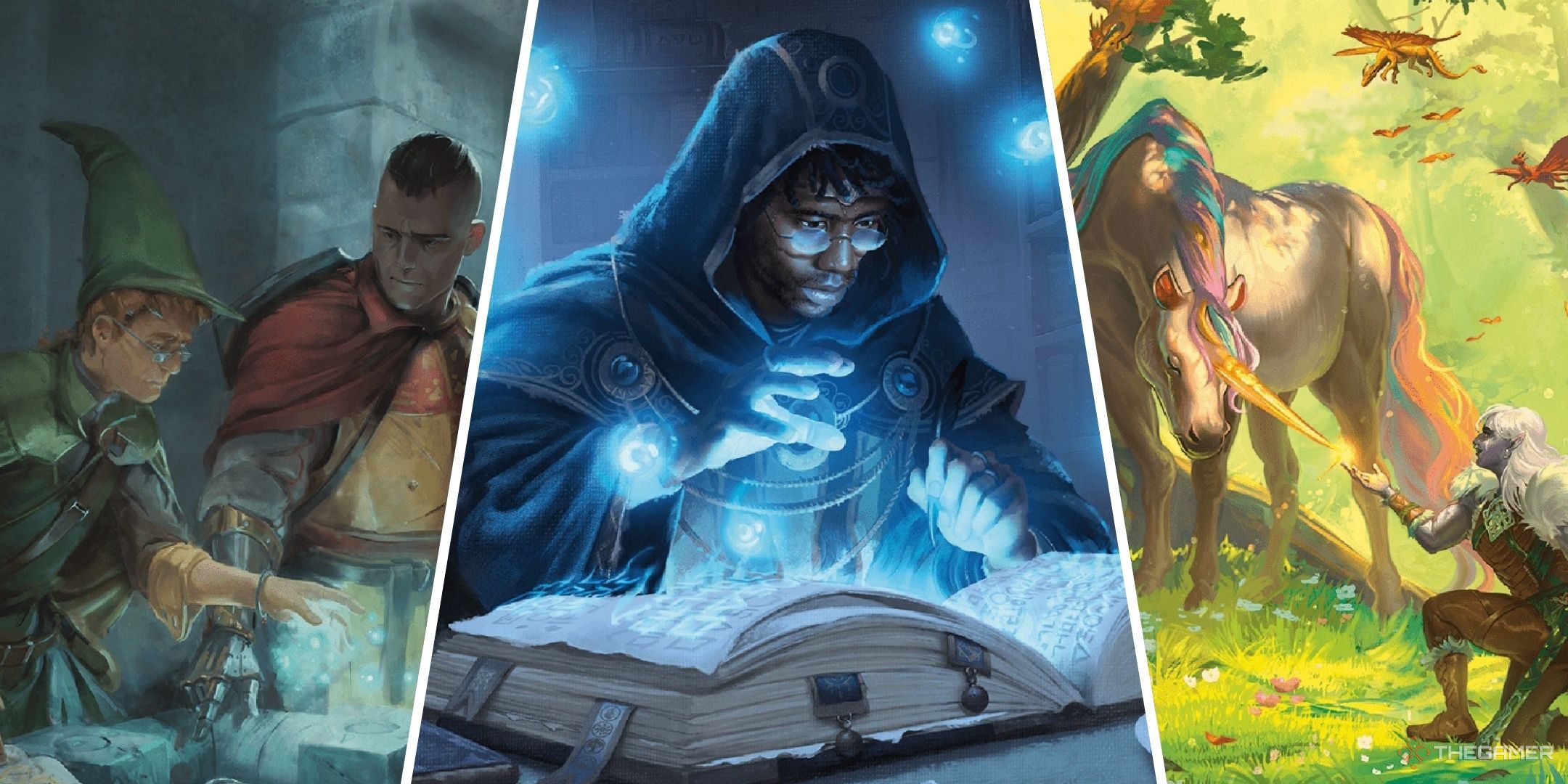
Related
Dungeons & Dragons: How To Create Artifacts
Looking to make artifacts for your players? Here’s everything you need to know.
Additionally, DMs can give medals interesting stats or magical qualities to make them more similar to magical items. Or, you can veer in a more intangible direction. Using medals like keys, or as symbols that might draw ire from devilish NPCs can propel your campaign into different directions.
For more info on how to create magical items, check out Chapter 7 of the 2024 Dungeon Master’s Guide.
2 Parcels Of Land
Someday, All This Will Be Yours
Beyond just offering players pre-built bastions or keeps, granting adventurers an unstructured plot of land provides a world of possibilities for your players. Construction of a keep is always possible, or players can receive land that has inhabitants already in the area. This offers up incentive to keep the land safe from harm.
Additionally, giving players pieces of land with sites of interest on them can be incredibly intriguing. Perhaps the land is inhabited by a mysterious fey creature. Or, it’s even possible the land has hidden features like an interdimensional gate to another plane of existence that the party can discover after inheriting.
1 Favors
Time To Call In Some Backup
Calling upon the service of a powerful archmage or champion of a deity can come in clutch during a difficult battle. Offering up the favor or support of a larger-than-life NPC is another great way to incentivize players to interact with your world in meaningful ways. This is particularly true if the party seems more interested in gathering loot than forging connections with NPCs.
There’s also plenty of fun to be had in determining the terms of an NPC’s favor. If players are working with an evil-aligned NPC, the terms of their favor can be nefarious or deceptive. Alternatively, calling upon the aid of a good-aligned NPC can turn the tide of battle in the player’s favor when they need it most.

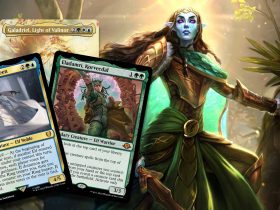

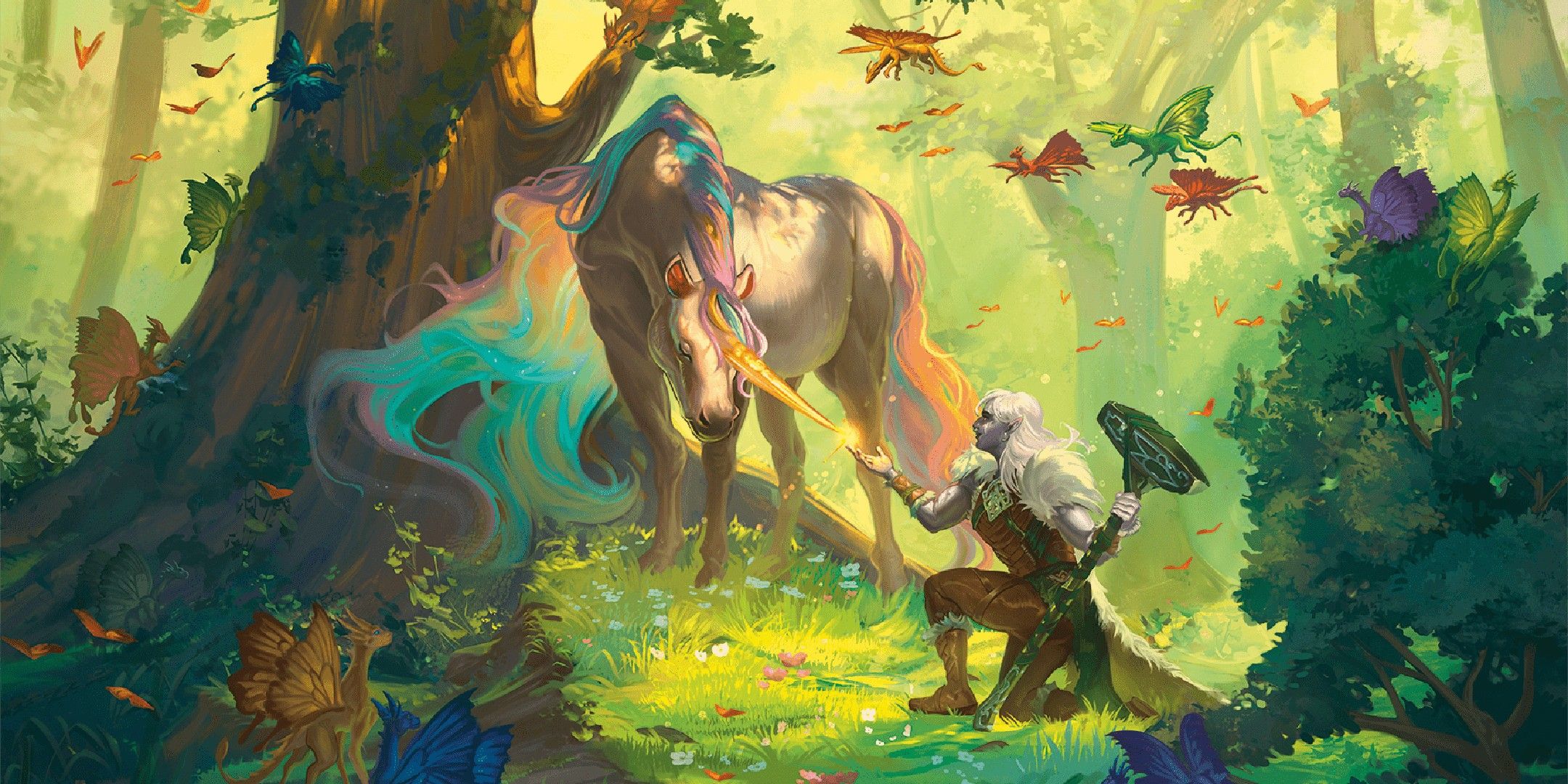
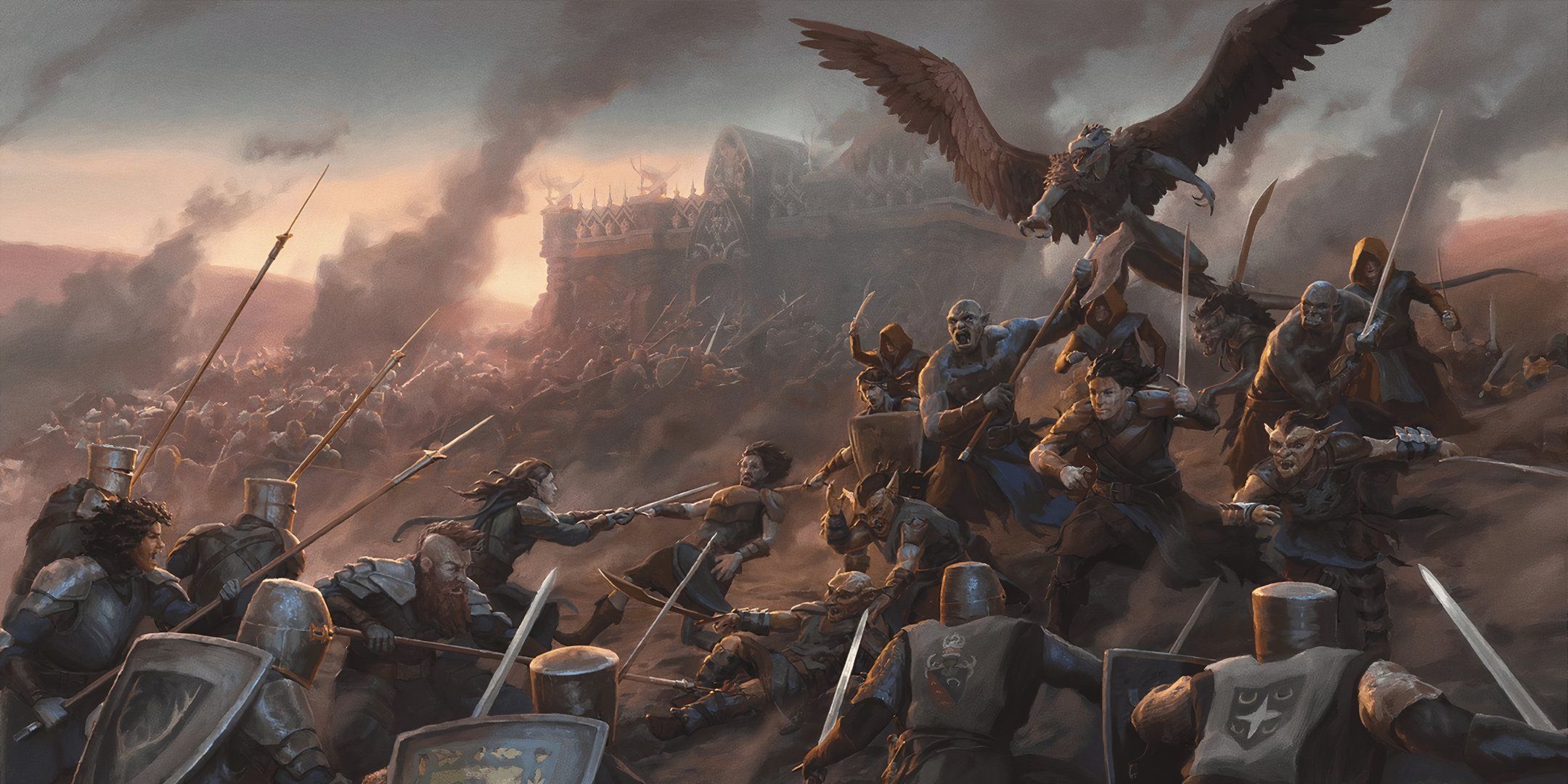
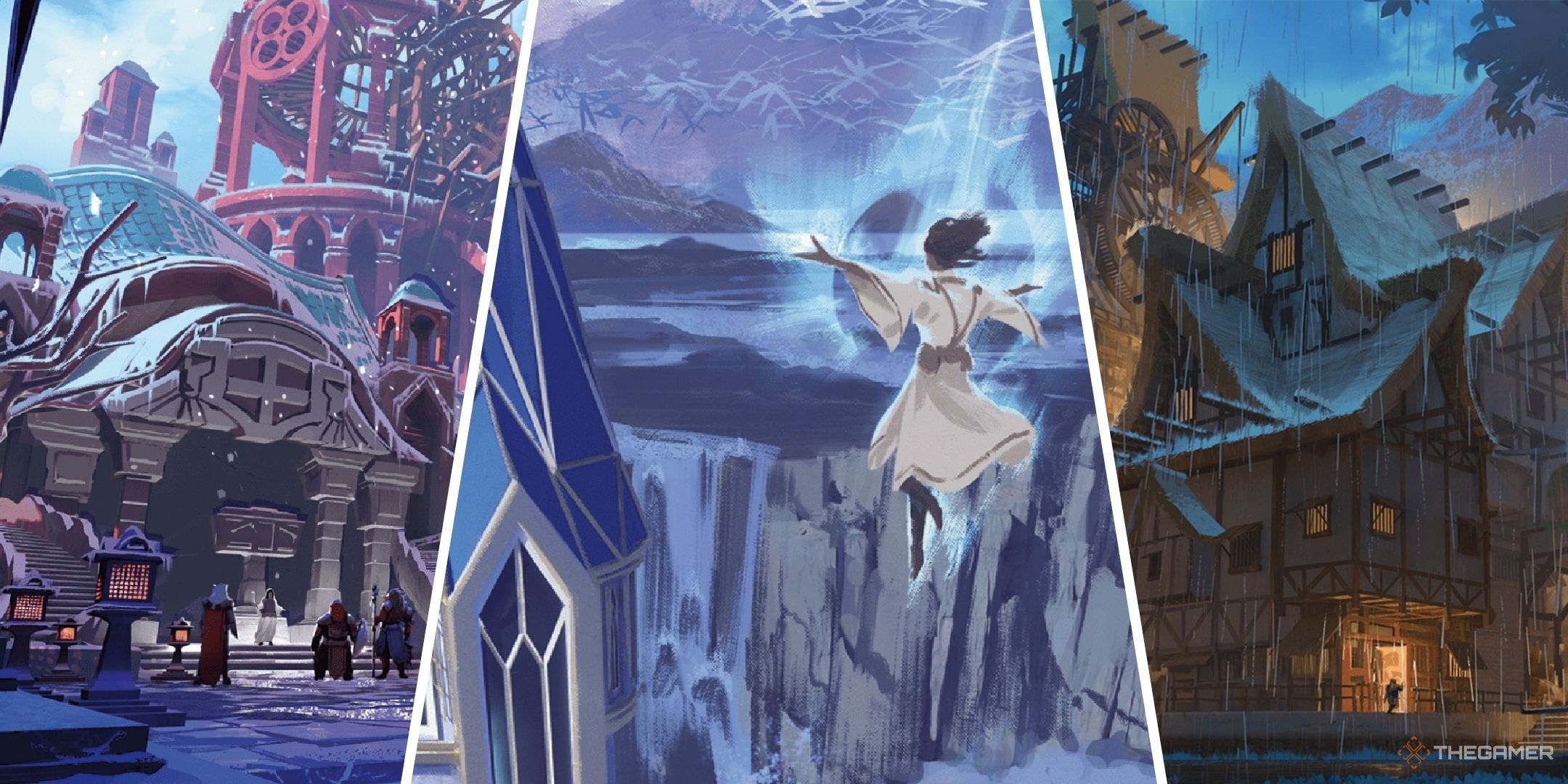





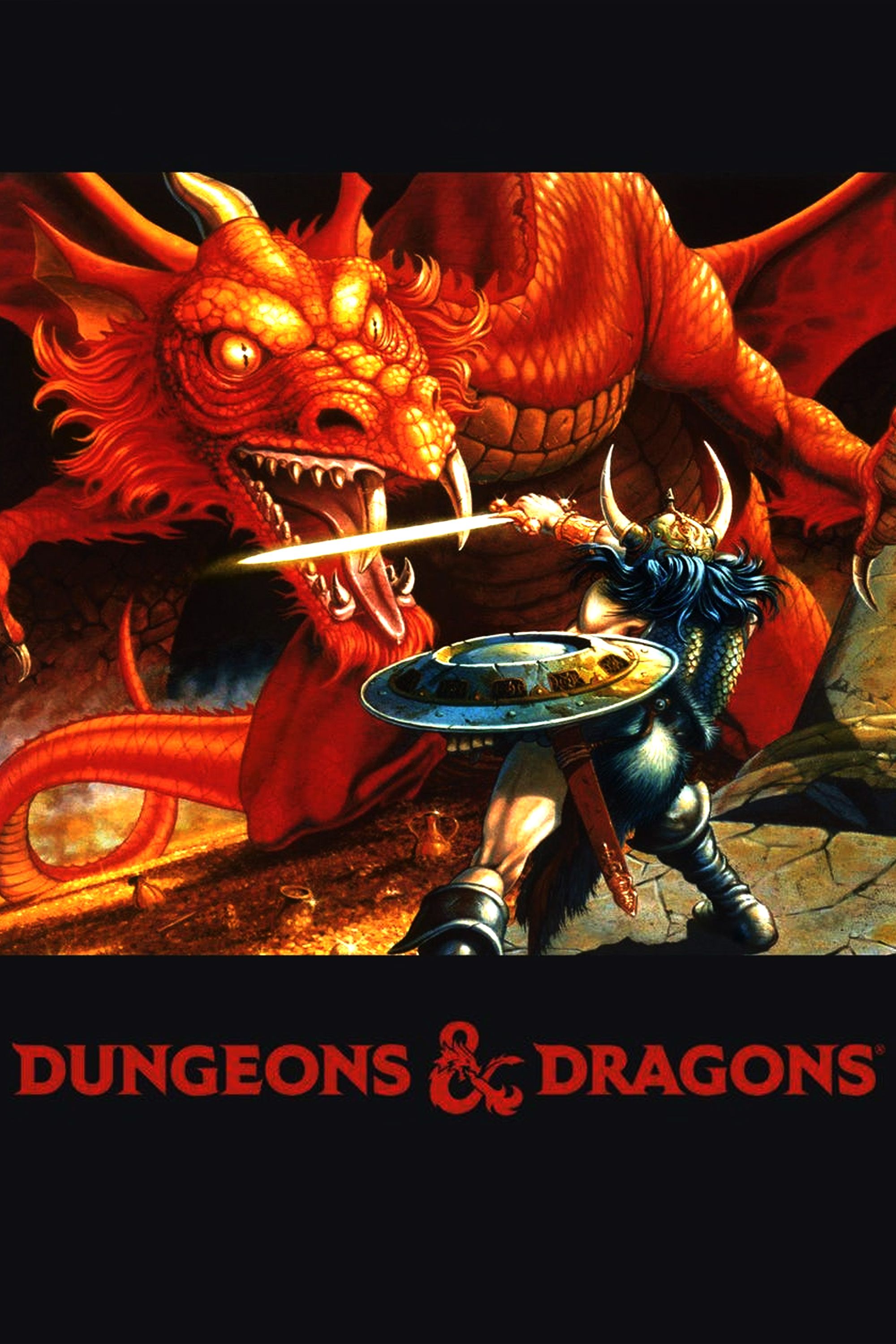



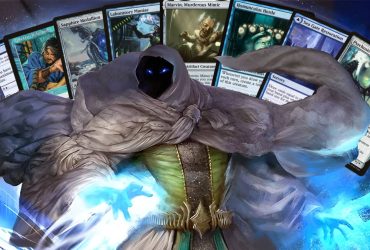
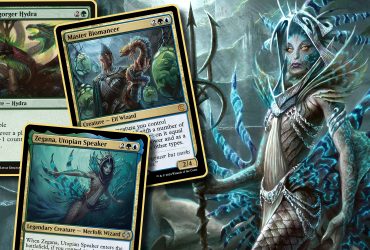
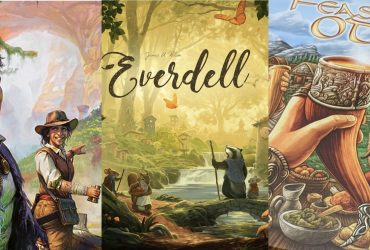
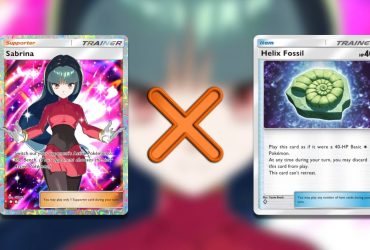
Leave a Reply